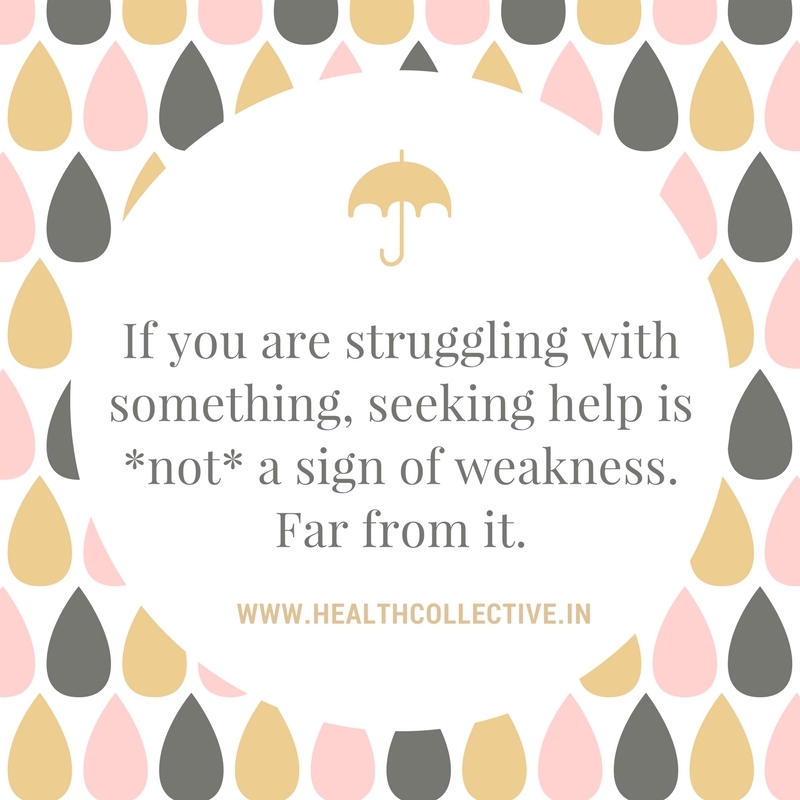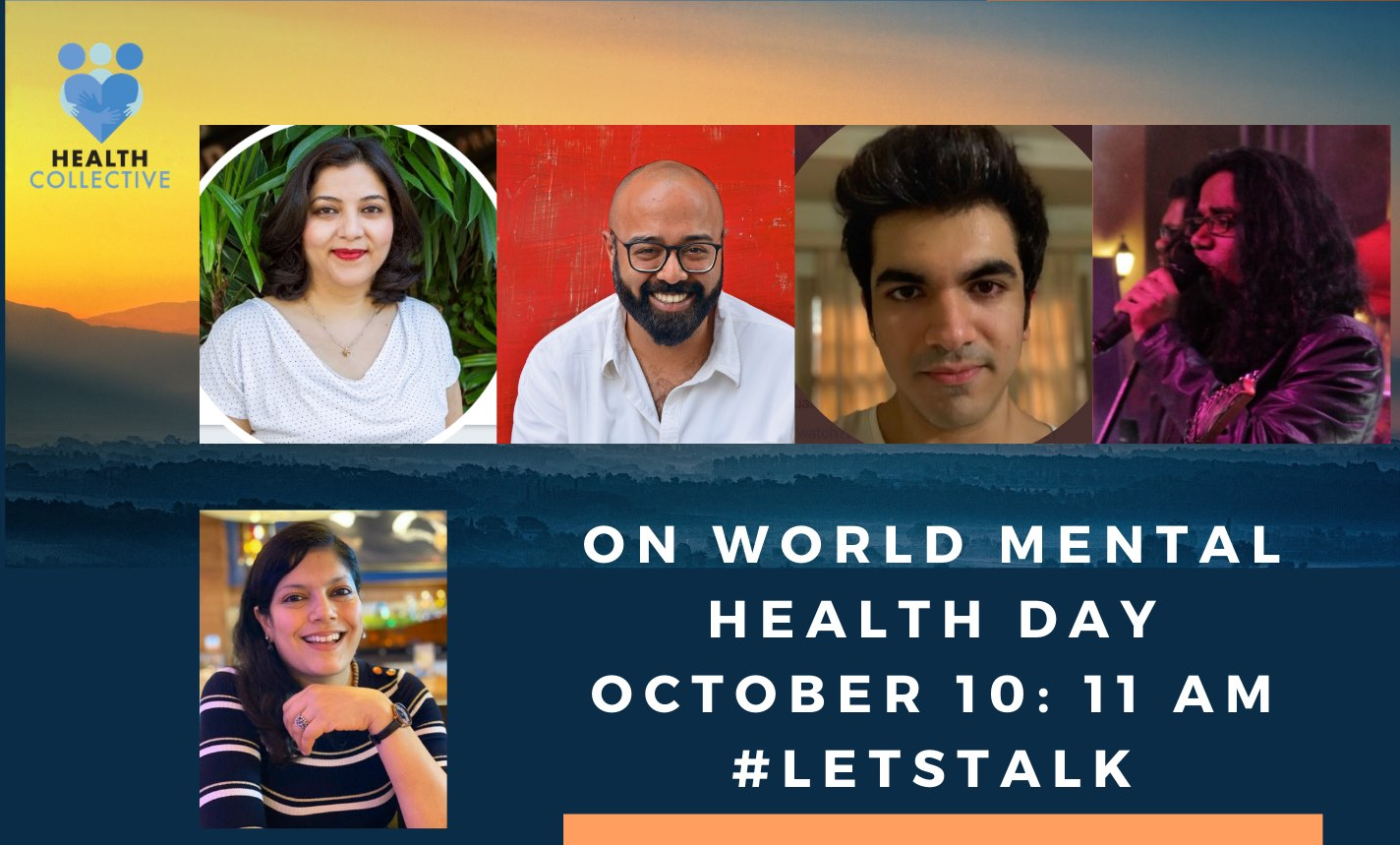Hey No, That’s Not True: Busting Six Myths About Depression
By Hvovi Bhagwagar
Myth 1: Depression = Sadness
Not True. Probably the most common thing I have heard in clinical practice is the assumption that any sad/dull/low feeling can be labelled “depression”. This is because people confuse any sadness with Depression. So I spend time educating patients that sadness is a healthy negative emotion, which is natural during a loss. Even high levels of sadness do not interfere with our daily functioning. Depression is a mental illness that interferes with functioning and is unhealthy for the brain and body.
ALSO READ: D IS FOR DEPRESSION
Myth 2: It’s in the person’s control and they can “snap out of it”
Family members usually feel that if the person focusses on work, or socialises and watches cheerful movies, that their depression or anxiety will “go away”. For this, I help patients by showing them a brain chart of PET scans that indicate changes in brain activity that accounts for their mood and behaviour. Medical and psychological intervention is needed for a mental illness. Once the person receives the right amount of treatment their mood will improve, they will return to their previous levels of activity and happiness.

Myth 3: Depressed people “look” depressed
Depression is an umbrella term which includes an array of conditions such as Major Depressive Disorder, Dysthymia, Depressive personality, double depression, Bipolar Depressive episodes. Apart from this a person may also have specific discrete episodes such as Post-Partum Depression and Seasonal Affective Disorder. Some of these conditions do not have symptoms associated with the common man’s perception of depression — which is lying in bed all day, low energy, weight loss, low mood or suicidal feelings. Many high functioning depressive people learn to “mask” their depression well, so only a trained professional can identify it. Never go by appearance alone.
ALSO READ: HIGH FUNCTIONING DEPRESSION AND ME
Myth 4: Mental illness (especially depression) only happens to socio-economically challenged (poor) people
The truth is that a bank balance, large home and well-paying job is not insurance against depression. Depression can hit anyone, at anytime. Mental illness is a complex inter-play of genetics, environment and a person’s psychological make-up.
Editor’s Note: There is also a myth that Depression only affects the privileged. Not true. As you’ll see in this interview with Dr Vikram Patel, “Actually the truth is that mental illness is much more common among those who are poor, disadvantaged, discriminated (against), marginalised, and I just want to hope that celebrity disclosures don’t perpetuate the myth that mental illness is a problem of the rich and affluent.”
Myth 5: Medication is addictive and life-long
There are so many myths surrounding medication. For example, “We will get addicted to medication”, “It will make me put on weight”, “Only crazy people need meds” etc. It’s important to understand that medication, just like mental illness, cannot all be clubbed as one. There are many variations.
- Certain medication such as benzodiazepines, prescribed for insomnia and anxiety, do have addictive properties and are thus given only briefly to most patients
- Mood stabilisers, anti-psychotics and anti-depressants are other classes of medication that need to be carefully prescribed depending on the nature of illness
I usually educate patients that the “benefits of medications far outweigh the side-effects”. If medication is needed to stabilise mood and reduce symptoms, then it is better to have them rather than continue to suffer. Also, there is no one-size fits all medication, one should leave a psychiatrist to decide which meds are the best.
Myth 6: If one tries really hard they can “overcome” depression/anxiety on their own
Just like one can’t try hard to overcome cancer or a fractured foot without medical intervention, mental illness too needs to be viewed as a disease that requires intervention. Also, much like with any disease, such as a heart condition, a person with mental illness too needs to monitor their lifestyle to see improvement. However just lifestyle changes are not sufficient to reduce the symptoms of mental illness.
Views expressed are personal.
About the Author:
Hvovi Bhagwagar is a Psychologist and Psychotherapist, with her office “MANASHNI” at Powai, Mumbai. She works with adults, children and teens diagnosed with mental health issues. She spreads awareness about mental health through her articles and blog at www.manashni.com
Disclaimer: Material on The Health Collective cannot substitute for expert advice from a trained professional
Feature Image by Issam Hammoudi on Unsplash





Pingback: Words that may denote melancholia or depression. | Arranger of Words
Pingback: Your Stories: Battling Stigma, Expectations and other Burdens as a Young Adult with Depression
Pingback: Ask the Experts: Infertility and Mental Health